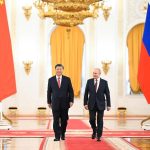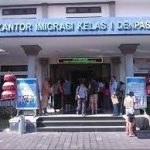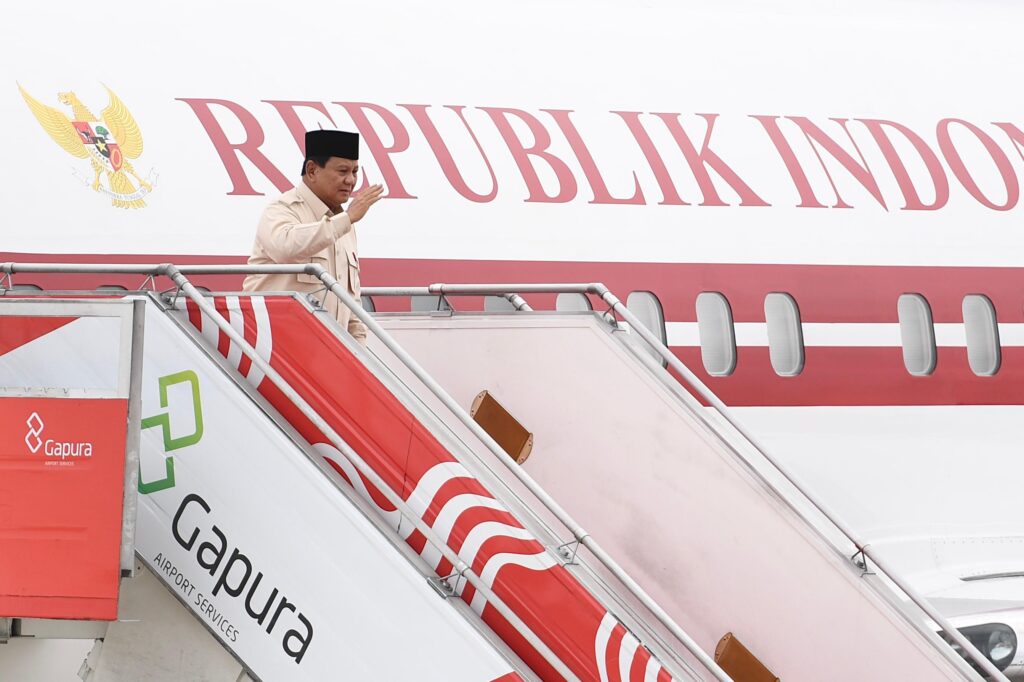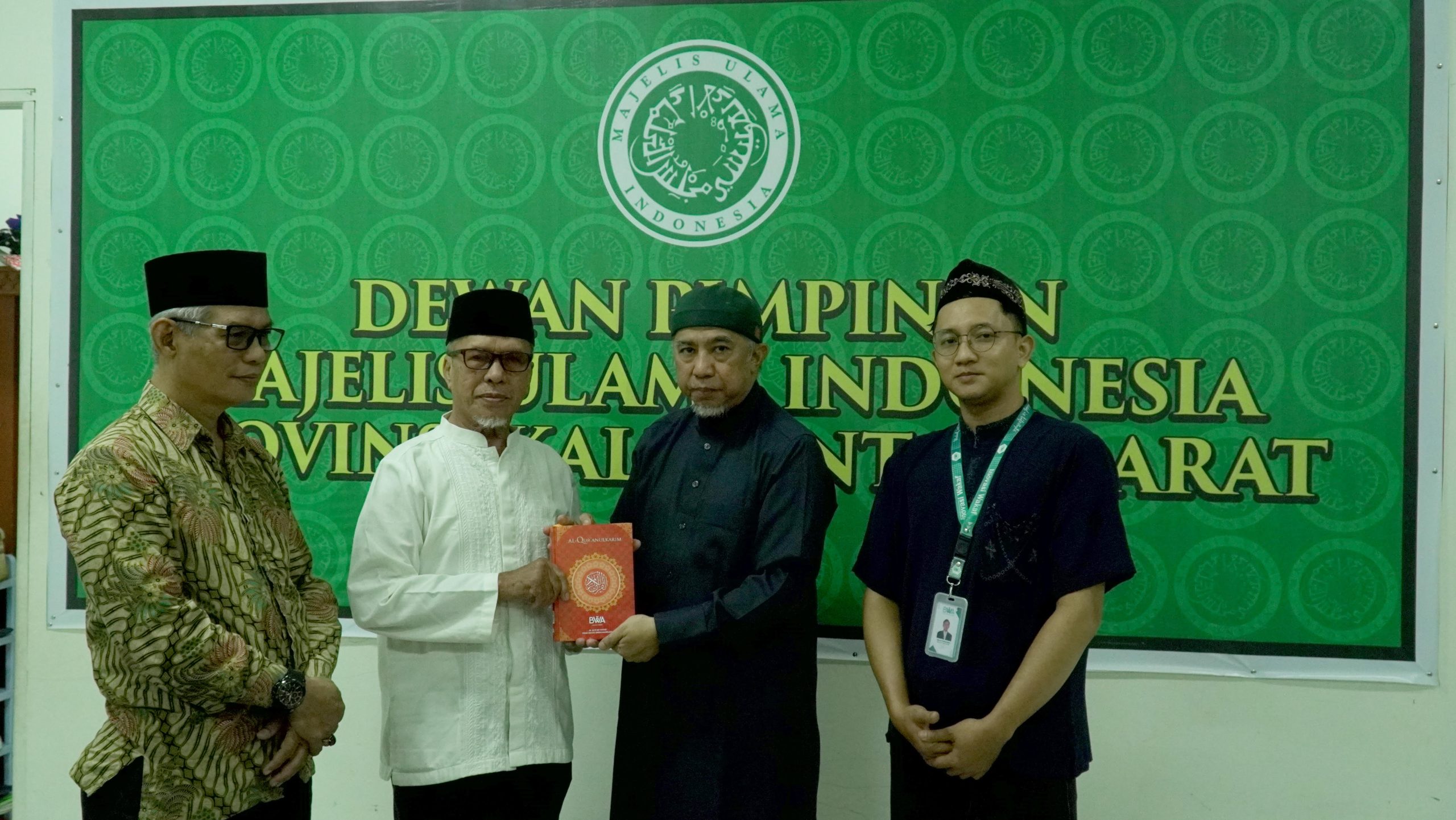Taiwan’s complete medical effort success to tackle COVID-19

Jakarta (Indonesia Window) – Being geographically close to China does not necessarily make Taiwan suffer from the COVID-19 pandemic.
So far, Taiwan which shares borders with China in the southeast has reported 422 positive cases with six deaths.
The speed of the government in making decisions and taking preventative measures ultimately determines the number of COVID-19 cases in a country. In addition, people’s compliance in carrying out the recommendations given by experts and authorities is also decisive to contain the outbreak.
The Taipei Economic and Trade Office (TETO)’s statement said the government had increased the laboratory testing capacity, and expanded the scope of its supervision and inspection based on the COVID-19 epidemic trend.
Taiwan’s Health and Welfare Minister Chen Shih-chung in the statement explained, the country also retested people with higher risk who had already tested negative, including patients with symptoms of severe influenza and those with upper respiratory tract infections who were already being monitored. Likewise, Taiwan clustered cases of upper respiratory tract infections to identify suspected cases and perform treatment in isolation wards.
Meanwhile, Taiwan has designated 50 regional hospitals and medical centers and 167 community hospitals and clinics to create a tiered system for testing.
Those hospitals and clinics are required to set up special wards or areas; in principle, COVID-19 patients are isolated and treated individually in these wards and areas to prevent nosocomial infections.
Moreover, Taiwan has banned the export of surgical masks since January 24, requisitioned masks, and expanded domestic mask production to more effectively allocate masks.
On February 6, Taiwan launched a name-based rationing system for mask purchases at National Health Insurance (NHI)-contracted pharmacies and local public health agencies.
According to Minister Chen, the mask ordering system which was applied on March 12 allows people to order online and pick up masks at convenience stores.
These measures have helped us achieve effective allocation of limited resources and meet healthcare, epidemic prevention, household, and industrial needs, he added.
Reporting by Indonesia Window

.jpg)








